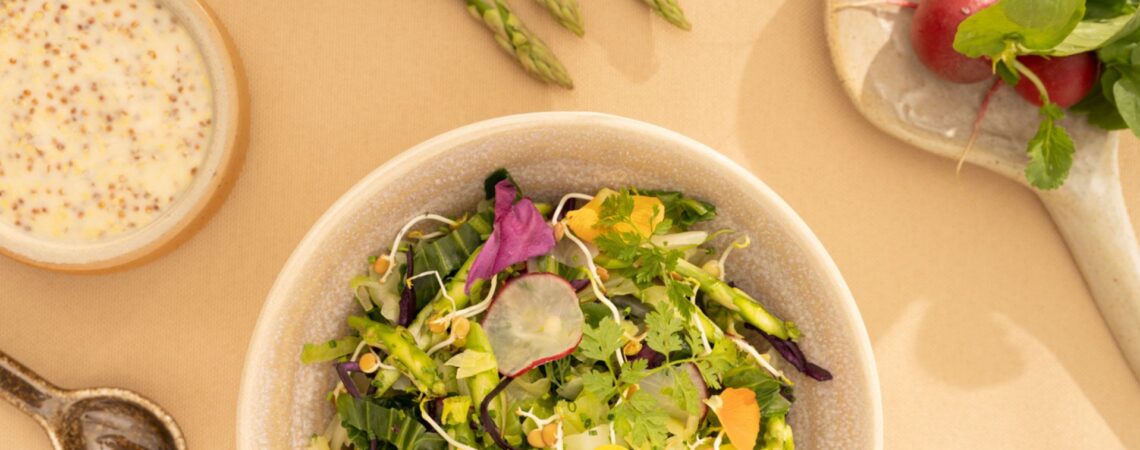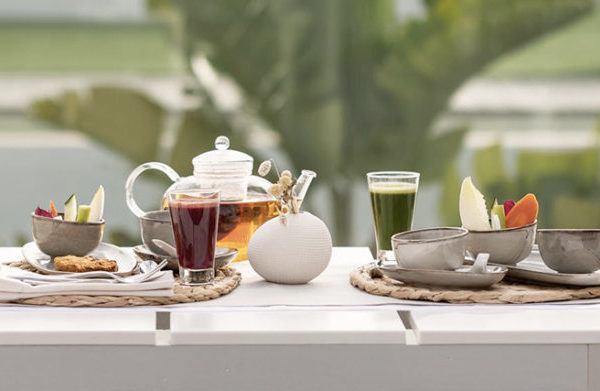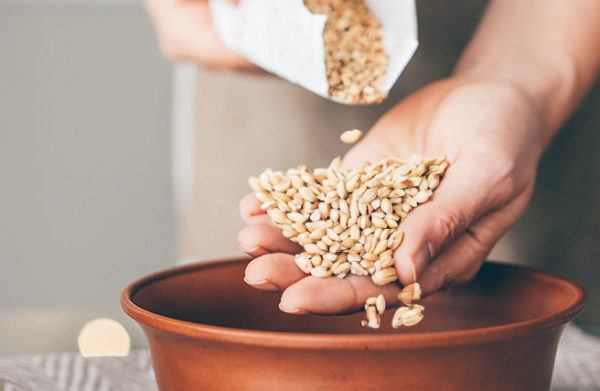
SHA Magazine Healthy Nutrition
How what you eat affects stress levels
Eating a healthy, balanced diet not only has a positive impact on physical health, but also on emotional health.
The physical and emotional are two sides of the same coin, which means that keeping both balanced and in harmony is vital. Everything is interrelated in the human body and the different parts of the body are in constant communication. So, a negative emotion, such as chronic stress, can manifest itself with physical symptoms, such as muscle contractions or pain. And vice versa: a physical problem can lead to a mental disorder.
The first step towards optimal physical and emotional health is nutrition. “There are a series of foods that do not help when we suffer from high levels of stress, such as red meat, cured cheeses, eggs and really salty foods”, says María Romeralo, Healthy Nutrition consultant at SHA Wellness Clinic. “According to traditional Chinese medicine, these foods are classified as extreme yang and yang energy is contractive, very similar to stress”. For this and many other reasons, such as sustainability and their association with certain diseases, none of these foods are part of SHA nutrition.
Including these foods in the diet on a regular basis is also the source of a vicious circle. As Maria explains, “when a person with high levels of stress consumes a large amount of contractive products, the body will ask for extreme yin foods (yin energy is expansive), such as sugar, coffee, fizzy drinks or alcohol, which are highly addictive. You start with low doses and the body starts to require higher and higher doses over time. In fact, they cause withdrawal symptoms if you stopped eating them cold turkey. In short, foods of both extremes, yin and yang, weaken the body because they acidify and demineralise it”.
On the other hand, energy-balanced foods have an extremely positive impact on physical and mental health. Maria mentions “pulses, white and blue fish, seeds and natural nuts (neither fried nor salted), whole grains such as quinoa, buckwheat, brown rice or millet, seaweed and seasonal fruit and vegetables, even better if they’re local. In addition to what we eat, how we eat it is essential: it is important to eat slowly, without rushing or distractions, chewing food well. A trick that works is to put down the cutlery between mouthfuls or to try eating with chopsticks”.
Finally, Maria gives us some ideas for dishes and drinks that help combat stress. “A good anti-stress breakfast is a cereal porridge with millet, oats or brown rice. Vegetable soups (pumpkin, carrot, leek or onion) and vegetable stews, such as lentils with brown rice and vegetables or azuki with pumpkin, are also very beneficial. To drink, I recommend kukicha tea, a three-year-old green tea that is theine-free, alkalising and digestive. Or apple kuzu tea, a soothing drink made by diluting a tablespoon of kuzu in a glass of fresh apple juice. Heat it until it thickens, but without bringing it to a boil, and drink it hot. If you want to sweeten it, replace the sugar with rice molasses”.





